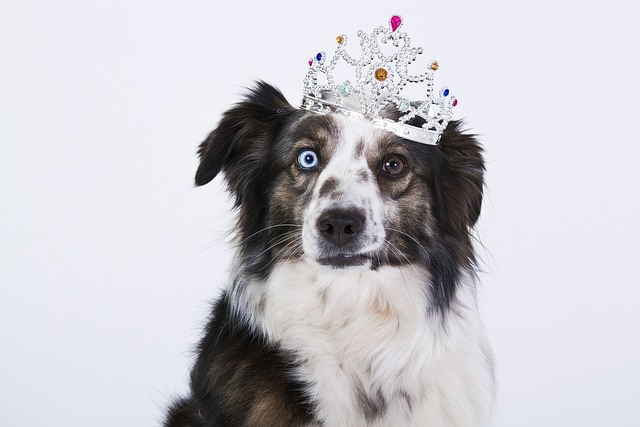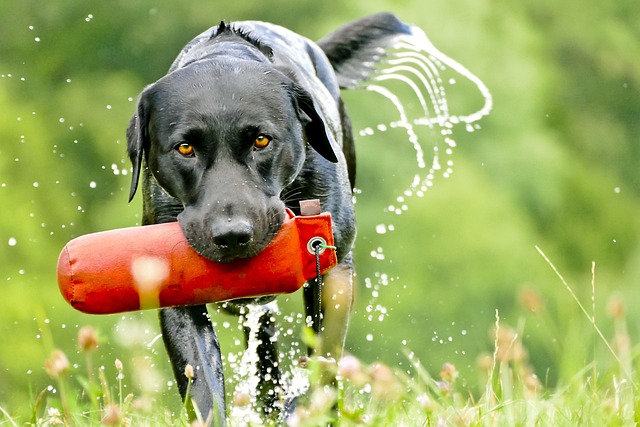
What do groomers use for shedding
When Sarah first brought home her golden retriever, she spent weekends vacuuming piles of fur from her couch—and found herself picking strands out of her coffee mug more often than she’d like.
Watching your dog struggle with urinary tract issues breaks your heart. The constant pacing, frequent trips outside, and obvious discomfort are hard to witness. But did you know that what’s in their food bowl can make a huge difference? By swapping out certain ingredients and choosing urinary-friendly options, you can support your furry friend’s health in a simple yet impactful way.
Lean proteins are a cornerstone of a healthy urinary diet. Skinless chicken breast, lean beef, and whitefish like cod provide essential amino acids without excess phosphorus or magnesium—minerals that can contribute to crystal formation in some dogs. Just make sure any meat is cooked thoroughly, as raw diets can pose risks under local animal welfare regulations, especially if they include unpasteurized dairy or eggs.
Cranberries are a well-known superfood for urinary health, but it’s important to serve them safely. Fresh or frozen berries (no added sugar, of course) can be mixed into their meals in small amounts. Avoid giving them straight cranberry juice, though—commercial versions often contain high fructose corn syrup, which isn’t suitable for dogs. Instead, look for supplements labeled specifically for pets, ensuring they comply with local pet nutrition guidelines.
 Leafy greens like spinach and kale offer a nutrient boost while keeping sodium levels in check. Chop them finely or steam lightly to make digestion easier. Remember, portion control matters: too much of a good thing can lead to upset stomachs, especially if your dog isn’t used to these veggies. And always introduce new foods slowly to avoid allergic reactions.
Leafy greens like spinach and kale offer a nutrient boost while keeping sodium levels in check. Chop them finely or steam lightly to make digestion easier. Remember, portion control matters: too much of a good thing can lead to upset stomachs, especially if your dog isn’t used to these veggies. And always introduce new foods slowly to avoid allergic reactions.
When it comes to carbohydrates, opt for whole grains like brown rice and oatmeal. These complex carbs release energy gradually and contain fiber that aids digestion. Just be cautious if your dog has a grain allergy—quinoa or sweet potatoes are great alternatives. Check food labels carefully, as some products may use hidden ingredients that violate allergen disclosure laws in many regions.
Water is the most crucial “food” for urinary health. Encourage your dog to drink regularly by keeping multiple clean water bowls around the house. You can even add a bit of low-sodium chicken broth to make it more enticing. In hot weather or after exercise, monitor their intake closely—dehydration can quickly lead to urinary problems.
Finally, consult your veterinarian before making major diet changes. They’ll consider your dog’s breed, age, weight, and existing health conditions to recommend the best approach. Some dogs may need prescription diets, especially if they’ve had recurring issues. And always buy pet food from reputable sources that adhere to local manufacturing and safety standards.
Taking an active role in your dog’s diet is one of the kindest things you can do. Every meal is an opportunity to support their well-being, and seeing them back to their playful, energetic selves makes all the effort worthwhile. Your furry friend depends on you, and with these tips, you can help keep their urinary tract healthy for years to come.

When Sarah first brought home her golden retriever, she spent weekends vacuuming piles of fur from her couch—and found herself picking strands out of her coffee mug more often than she’d like.

Unlock the secrets to safe, soothing puppy teething with vet-approved chews—protect your pup and your home during this challenging stage.

Let’s start with the honest truth: grabbing kitchen scissors to trim your dog’s overgrown fringe might seem like a quick fix, but it’s a high-stakes haircut.

You’ve just settled on the couch for a movie night when your dog’s nails start clicking across the hardwood like tiny tap dancers. Or maybe you notice them slipping on the kitchen tiles more often.

Let's be honest, that moment when you pull out the brush and your dog suddenly remembers a very important appointment behind the sofa is pretty universal.

Picture this: it’s bath time for your pup, and you’re fresh out of dog shampoo. As you reach for your own coconut-scented shower gel, you pause – could this work? Let’s be honest,